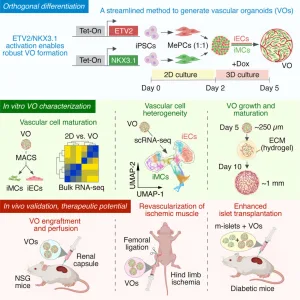Early Childhood Emotional Regulation and Teenage Mental Health
A recent study has highlighted a significant link between emotional regulation in young children and their mental health during adolescence. The findings suggest that children who struggle to manage their emotions around the age of seven are at a higher risk of developing anxiety and depression as teenagers.
The Study’s Key Findings
Researchers followed a group of children over several years, assessing their emotional regulation skills at age seven and then monitoring their mental health throughout their teenage years. The results indicated a clear correlation: those who exhibited difficulties in managing their emotions early on were more prone to experiencing anxiety and depressive symptoms later in life.
Understanding Emotional Regulation
Emotional regulation refers to the ability to control and appropriately express emotions. This includes:
- Recognizing and understanding one’s own emotions.
- Managing the intensity and duration of emotional responses.
- Expressing emotions in a healthy and socially acceptable manner.
Why is Early Emotional Regulation Important?
Developing strong emotional regulation skills in childhood is crucial for several reasons:
- Social Development: It helps children form and maintain healthy relationships.
- Academic Success: It enables them to focus and cope with challenges in school.
- Mental Well-being: It builds resilience and reduces the risk of mental health issues.
What Can Parents and Educators Do?
Promoting emotional regulation in children requires a collaborative effort between parents, educators, and caregivers. Here are some effective strategies:
- Teach Emotional Literacy: Help children identify and name their emotions.
- Model Healthy Coping Strategies: Demonstrate how to manage stress and difficult emotions.
- Create a Supportive Environment: Foster open communication and emotional expression.
- Encourage Problem-Solving: Help children develop strategies for dealing with challenging situations.
Final Overview
This study underscores the importance of early intervention to support children’s emotional development. By fostering emotional regulation skills from a young age, we can significantly improve their chances of experiencing positive mental health outcomes during their teenage years and beyond. Investing in children’s emotional well-being is an investment in their future.




+ There are no comments
Add yours